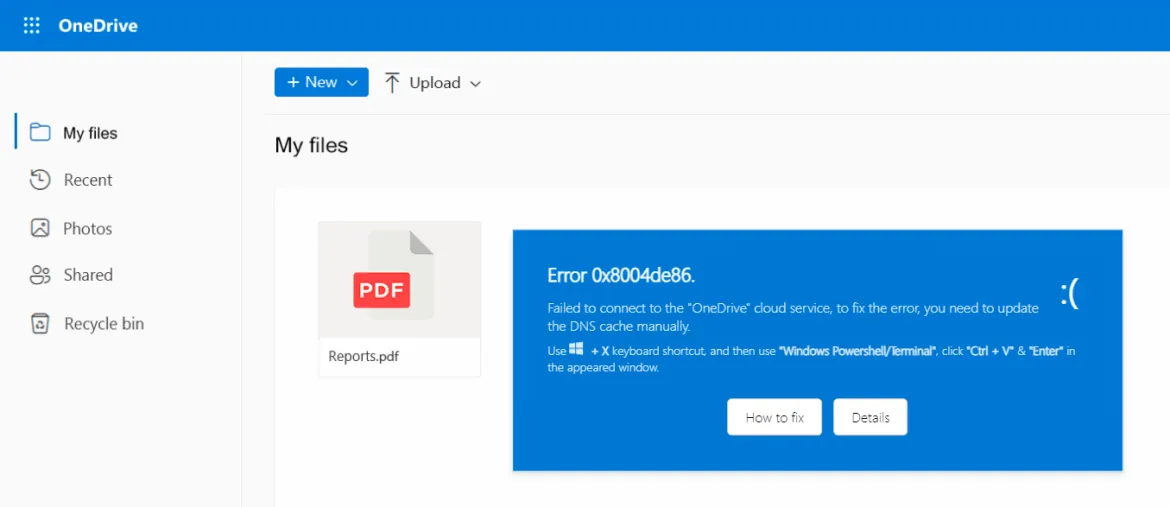New Glove Stealer malware can bypass Google Chrome’s App-Certain encryption to steal browser cookies.
As Gen Digital safety researchers who first detected it whereas investigating a current phishing marketing campaign mentioned, this information-stealing malware is “comparatively easy and accommodates minimal obfuscation or safety mechanisms,” indicating that it’s extremely seemingly that’s in its early levels of growth.
Throughout their assaults, the menace actors used social engineering ways much like these used within the ClickFix an infection chainthe place potential victims are tricked into putting in malware utilizing pretend error home windows displayed in HTML recordsdata hooked up to phishing emails.

Glove Stealer .NET malware can extract and leak cookies from Firefox and Chromium-based browsers (e.g. Chrome, Edge, Courageous, Yandex, Opera).
Additionally it is able to stealing cryptocurrency wallets from browser extensions, 2FA session tokens from Google, Microsoft, Aegis, and LastPass authenticator apps, password knowledge from Bitwarden, LastPass, and KeePass, in addition to emails from e mail purchasers like Thunderbird. .
“Along with stealing personal knowledge from browsers, it additionally makes an attempt to leak delicate data from a listing of 280 browser extensions and greater than 80 regionally put in functions.” mentioned malware researcher Jan Rubín.
“These extensions and functions sometimes contain cryptocurrency wallets, 2FA authenticators, password managers, e mail purchasers, and others.”
Primary application-linked encryption bypass capabilities
To steal credentials from Chromium net browsers, Glove Stealer bypasses Google’s App-Certain encryption cookie theft defenses, which have been launched by Chrome 127 in July.
To do that, comply with the strategy described by safety researcher Alexander Hagenah final month, utilizing a help module that makes use of Chrome’s COM-based IElevator Home windows service (operating with SYSTEM privileges) to decrypt and get better encrypted keys linked to functions.
You will need to notice that the malware first wants to achieve native administrator privileges on the compromised techniques with a view to place this module within the Program Information listing of Google Chrome and use it to get better encrypted keys.
Nonetheless, whereas spectacular on paper, this nonetheless signifies that Glove Stealer is in early growth, as it’s a fundamental methodology that the majority different data stealers have already surpassed to steal cookies from all variations of Google Chrome. , because the researcher factors out. g0njxa he instructed BleepingComputer in October.
Malware analyst russian panda He beforehand instructed BleepingComputer that Hagenah’s methodology resembles the early bypass approaches different malware took after Google first applied Chrome App-Certain encryption.
A number of information-stealing malware operations now capable of bypass the brand new safety function to permit its “purchasers” to steal and decrypt Google Chrome cookies.
“This (xaitax’s) code requires administrator privileges, demonstrating that we’ve efficiently raised the quantity of entry wanted to efficiently perform this sort of assault,” Google instructed BleepingComputer final month.
Sadly, though administrator privileges are required to bypass application-linked encryption, this has not but noticeably affected the variety of ongoing information-stealing malware campaigns.
Assaults have solely elevated since July, when Google first applied App-Certain encryption, focusing on potential victims through susceptible drivers, zero-day vulnerabilities, malvertising, phishing, StackOverflow Solutionsand pretend fixes to GitHub points.

